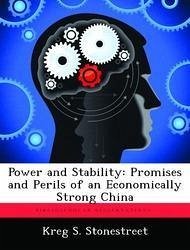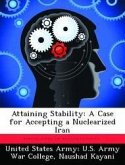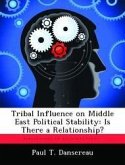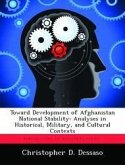In the first half of the twenty-first century, China represents perhaps the most critical and complex factor affecting the national security interests of the United States. China's rapidly rising economic and military power coupled with its increasing global activism present a wide variety of potential threats to the national security interests of the United States. In many respects, China's efforts appear focused on diluting American influence and power, and preventing the United States from interfering in China's affairs. United States national security policy and strategic planning formulation must appropriately address these concerns and possibilities, and make key decisions as to when and how the United States embraces China as a key economic ally or treats them as an adversary. Where does the United States draw those lines and when does it run the risk of it developing into a cold-war type relationship? This monograph explores the question whether an economically strong China represents more of a threat or an opportunity for United States national security interests, suggesting that developing and supporting China's economic capacity presents less of a threat to United States national security interests than seeking to contain such growth. America's national security interests are best served by global stability, and an economically strong China, not an economically dominant one, provides the better opportunity for stability. A rising China will present complex challenges for the United States, for Asia, and for the world. Containment of that power may not be either the possible or desired course of action; using that power as an opportunity being a potentially more productive option.
Hinweis: Dieser Artikel kann nur an eine deutsche Lieferadresse ausgeliefert werden.
Hinweis: Dieser Artikel kann nur an eine deutsche Lieferadresse ausgeliefert werden.








